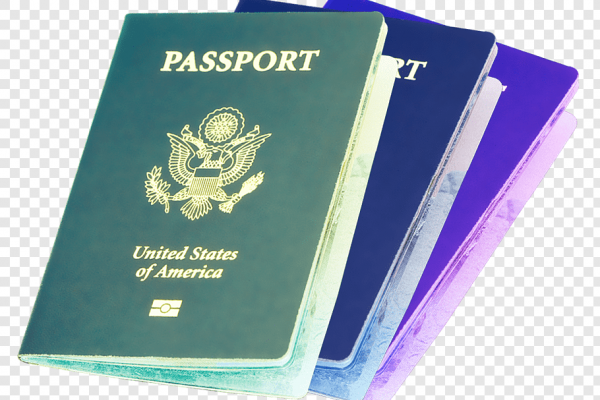Considering franchising your business? Understanding the legal requirements surrounding franchising is paramount. Franchising offers a lucrative opportunity for business expansion, allowing entrepreneurs to replicate their success through a proven business model. However, diving into franchising without a clear grasp of the legal framework can lead to costly pitfalls. From franchise disclosure documents to compliance with federal and state regulations, navigating the regulatory landscape demands careful attention to detail. Here’s a comprehensive guide to help you navigate the intricate world of franchise legal requirements, including essential steps on how to franchise my business effectively.
Understanding Franchise Laws

Before delving into franchising your business, it’s crucial to comprehend the legal framework governing franchises. Franchise laws vary across jurisdictions, with both federal and state regulations in play. The Federal Trade Commission (FTC) regulates franchising at the federal level, mandating franchisors to provide prospective franchisees with a Franchise Disclosure Document (FDD). Additionally, individual states may have their own set of laws and regulations governing franchising, further complicating the landscape.
Crafting a Comprehensive Franchise Disclosure Document (FDD)
The FDD serves as a vital document in the franchising process, offering prospective franchisees key insights into the business opportunity. It outlines essential information such as the franchisor’s background, fees and royalties, territory rights, and legal obligations. Crafting a comprehensive FDD that adheres to FTC guidelines and state regulations is imperative. Failure to provide accurate and transparent information in the FDD can result in legal repercussions down the line.
Compliance with Franchise Registration Requirements
In some states, franchisors are required to register their FDD with state authorities before offering or selling franchises. These registration requirements may entail submitting various documents and paying registration fees. It’s essential to familiarize yourself with the franchise registration requirements in states where you intend to offer franchises and ensure compliance to avoid legal consequences.
Franchise Agreement Essentials
The franchise agreement is a legally binding contract between the franchisor and franchisee, outlining the terms and conditions of the franchise relationship. From franchise fees and royalties to territorial rights and operational guidelines, the franchise agreement delineates the rights and obligations of both parties. Seeking legal counsel to draft or review the franchise agreement is advisable to safeguard your interests and ensure clarity and enforceability.

Protecting Intellectual Property Rights
Franchising involves granting franchisees the right to use your brand name, trademarks, and proprietary systems. Protecting your intellectual property rights is crucial in safeguarding the integrity of your brand and preventing unauthorized use. This may involve trademark registration, implementing robust confidentiality and non-disclosure agreements, and establishing protocols for trademark usage and brand standards across franchise locations.
Maintaining Ongoing Compliance
Franchise legal requirements extend beyond the initial setup phase, necessitating ongoing compliance with regulations and obligations. This includes timely updates to the FDD, adherence to advertising and marketing guidelines, and addressing franchisee concerns and disputes in accordance with legal protocols. Implementing a system for monitoring and ensuring compliance with franchise laws and regulations is essential for long-term success in franchising.
In conclusion, franchising your business can unlock new avenues for growth and profitability, but it comes with a myriad of legal requirements and complexities. From understanding franchise laws to crafting comprehensive legal documents and ensuring ongoing compliance, navigating the regulatory landscape demands diligence and expertise. By prioritizing legal due diligence and seeking guidance from legal professionals experienced in franchising, you can mitigate risks and pave the way for a successful franchise venture.






































